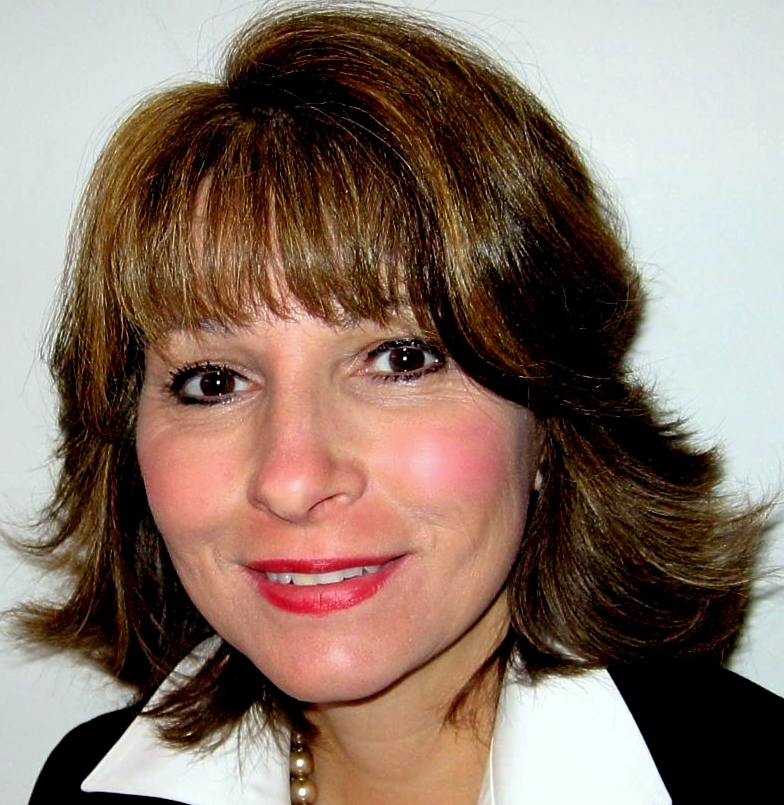In 2020, the world of business changed dramatically. Advanced technology reshaped business models across every industry in response to the pandemic, while corporate initiatives embracing diversity, inclusion and equity are gaining momentum. To serve the new normal in business, MBA programs are scrambling to adapt their offerings, adjusting in real-time as change reverberates through the business world. Evolving MBA programs must seek new ways to educate, train and prepare diverse talent pools to be at the forefront of innovation when they graduate.

After decades of improvement in college enrollment for first-generation college students, they are now the students hardest hit by COVID-19, with colleges showing the steepest enrollment declines among first-gen students of color, rural white students and low-income adults.
To adapt to changing business needs, MBA programs must keep first-gen students top of mind when building their curriculum. Diversity of thought, backgrounds and culture are essential for the advancement of successful businesses. First-gen students have the potential to significantly contribute the business world, if given the tools they need to get there.
A Campus Labs survey found that first-generation students tend to be more engaged in their college experience than their peers. They are often among the most committed to improving the world and challenging the status quo, a mindset the business word desperately needs today.
Unfortunately, first-gen students face a myriad of challenges when pursuing graduate degrees. As a first-gen student myself, I am acutely aware of how little thought goes into serving these students in higher education. Unless you have the mindset of a first-gen student, it’s difficult to understand their unique needs.
One common challenge for first-gen students is the familial pressure to pursue a steady paycheck rather than an advanced degree. These families often fail to see the long-term payoff of an MBA and don’t feel it is worth the upfront tuition investment. Colleges in turn often fail to offer affordable tuition rates, further deterring these students from enrollment. The MBA program at Notre Dame College is steadfast in ensuring its tuition remains as one of the lowest in the Ohio region at $15,000 for the entire MBA program. It’s important for first-gen students to weigh the offerings of various MBA programs to find one that meets their needs.
Research indicates that first-gen students are more likely than their counterparts to experience greater feelings of self-doubt, lack confidence and judge themselves by the skills that their peers have developed but they have not.
First-gen students need certain supports in place to be successful in an MBA program. Higher education must do more to integrate students into their institutions and cultivate stronger bonds of belonging. Unlike many of their peers, first-gen students don’t have a parent to walk them through the process of getting a graduate degree. They are also unlikely to have connections in the business world and need an MBA program with an emphasis on networking and building social capital to get their foot in the door.

For example, at Notre Dame College, we have a First-Generation Center dedicated to providing financial and career counseling, alumni mentorship from fellow first-gen graduates and academic support. Giving first-gen graduate students the opportunity to connect with their first-gen peers can make a world of difference in their confidence and motivation to finish their degree.
First-gen students are incredibly resilient and can withstand adversity more readily than those with less-challenging experiences in higher education. These traits serve them and their employers well, as they are often more willing to make necessary sacrifices to get ahead. The fact that they have faced challenges across multiple fronts from cultural, financial and familial backgrounds augments their ability to interact with diverse populations in the business world. [click_to_tweet tweet=”Op-ed: First-generation students are incredibly resilient and can withstand adversity more readily than those with less-challenging experiences in higher ed. These traits serve them and their employers well. #highered @NotreDameOhio” quote=”Op-ed: First-generation students are incredibly resilient and can withstand adversity more readily than those with less-challenging experiences in higher ed. These traits serve them and their employers well. #highered @NotreDameOhio”]
Generalist and affordable MBA programs that stress how to thrive in a constantly changing environment will prepare first-gen students to think critically, creatively and conceptually about business. They will learn how to adapt in real-time, analyze and assess data and build relational bridges which are of vital necessity as virtual technologies remake the commercial landscape.
It’s time for universities to evolve their MBA programs to serve the needs of first-gen students so they can continue to change the business world for the better. These students have the attitude and tenacity to spark tremendous change, and higher education just needs to give them the tools to get there.
Joyce A. Banjac serves as the director of the MBA program at Notre Dame College in South Euclid, Ohio. With over 25 years of experience in higher education, Banjac draws upon her own experience as a first-generation college student to identify and develop administrative and academic changes to support first-generation and underserved college students within higher education. Brooke Peppard is the coordinator of The FirstGen Center and an adjunct instructor in the English Department at Notre Dame College.





